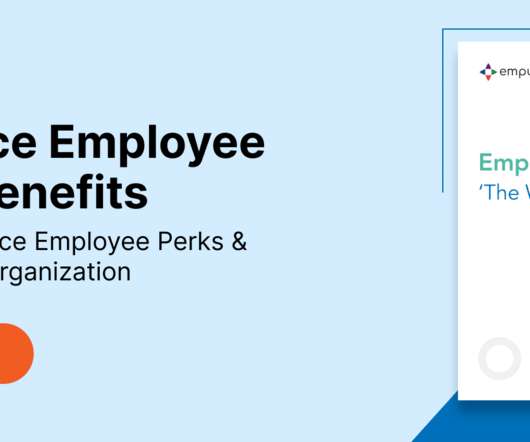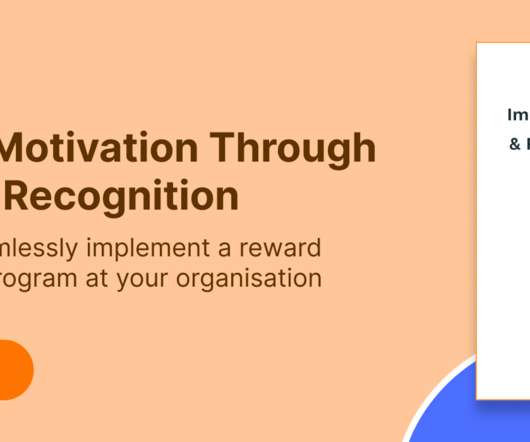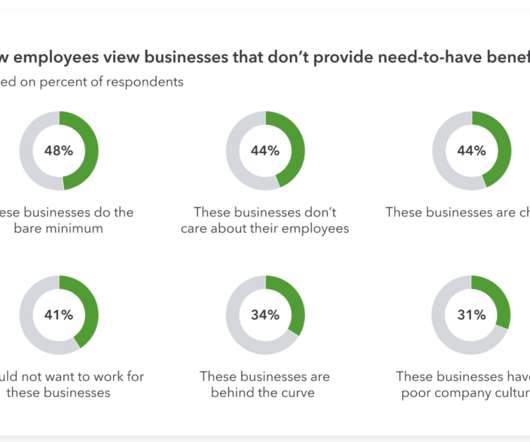3 powerful ways to improve your employee retention rate
Achievers
APRIL 23, 2015
The better you can retain your employees, the better you’ll be able to save money, and more importantly, save the knowledge and talent your employees bring to the table. A competitive salary is the bare minimum that you need to provide to keep employees satisfied.













Let's personalize your content